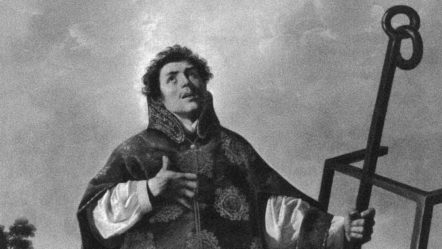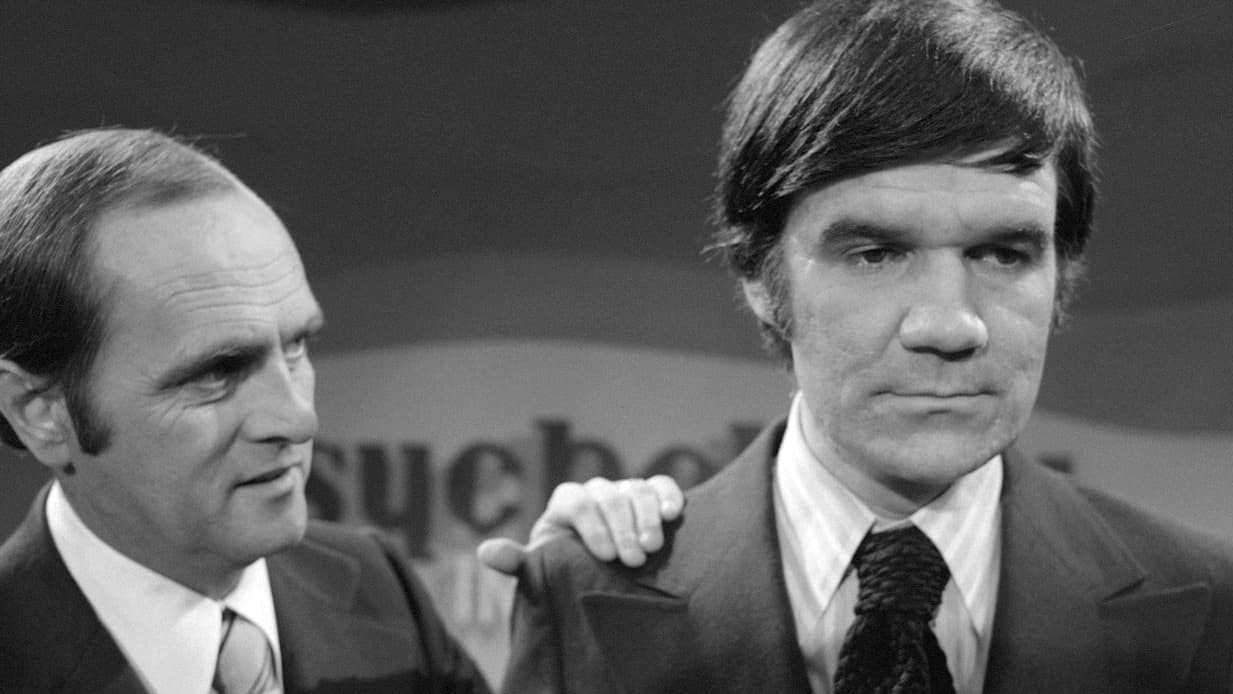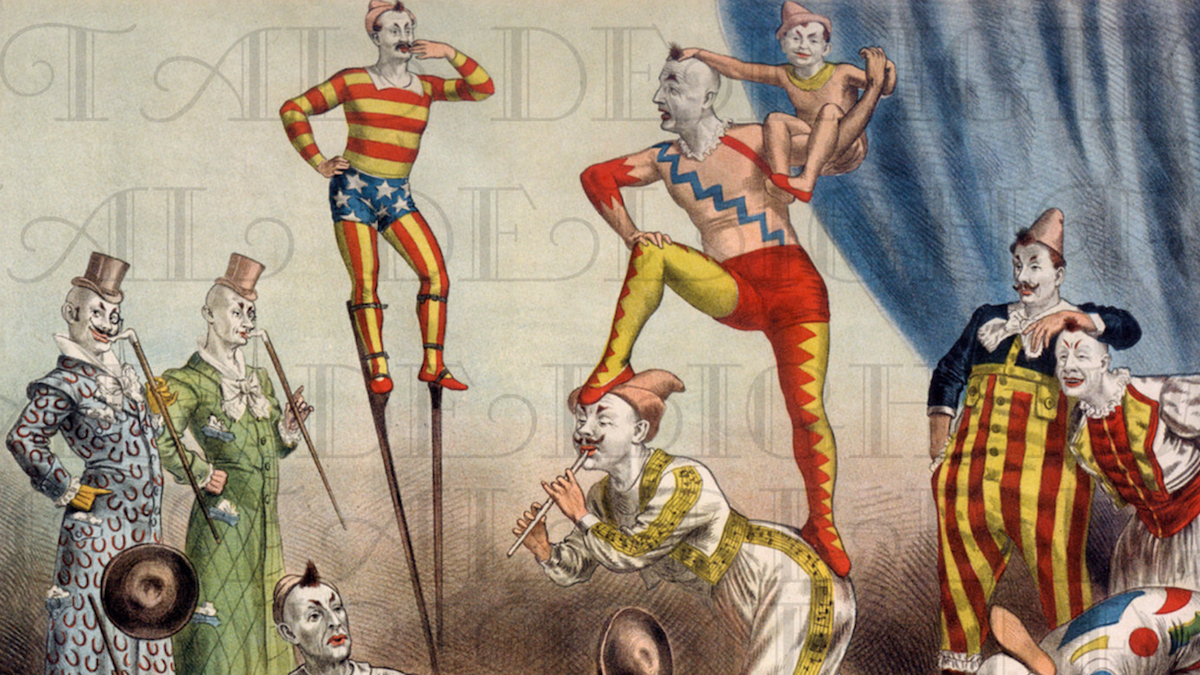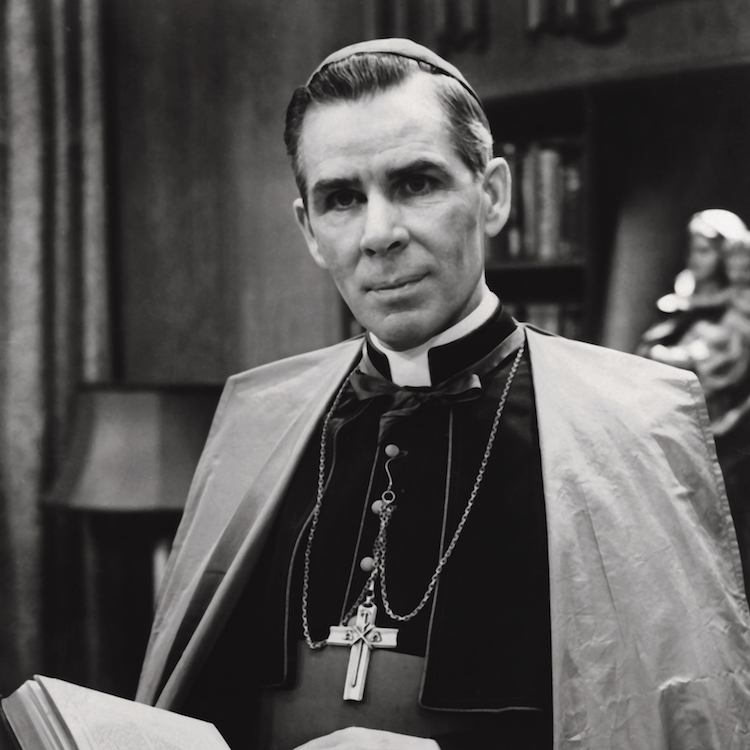In his monologue to Horatio, Hamlet pays tribute to a long-departed palace figure. Holding his skull, he looks at it fondly and says the memorable words, Alas, poor Yorick I knew him…a fellow of infinite jest…where are your gibes, gambols…your flashes of merriment…? Hamlet’s words paint his pained loss of his court jester whose stories, tales and jokes made the melancholic Hamlet’s life much better.
What a special, God-given gift it is to have the ability to entertain people with stories of one’s life or humorous and satirical observations about religion, politics, and culture. This thought immediately reminds me of Will Rogers, the gifted story-teller from Oklahoma. Rogers had been a star in vaudeville and later on Broadway with his folksy wit and common sense as well as his homespun humor and social commentary. I only experienced him in a few newsreels and in a movie, The Story of Will Rogers in 1952. His son, Will Jr. portrayed him. While his son had an uncanny resemblance, he never had the same humorous appeal as his dad.
The closest I got to Rogers personally was a one-man show with actor James Whitmore, who made a career out of playing gunnery sergeants in war movies. My brother-in-law, then a college student at St. Louis University in the late sixties and I had wonderful seats at the St. Louis Rep for his performance. Adopting the dress, mannerisms and accent of the humorist and newspaper columnist, Whitmore successfully transformed himself into the old cowboy with passion and superb acting. For nearly an hour he spun countless stories about the Depression, politics and life in Oklahoma, while skillfully twirling his lariat.
The one story I still remember was, When Congress makes a joke, it becomes a law. That truism has outlived him by at least eight decades. Rogers’ stories, such as this one and his folksy ways became his legacy after his untimely death at age 55 when he was killed in a tragic plane crash in Barrow, Alaska in 1935. His good friend, the one-eyed pilot Wiley Post was behind the controls when their engine failed on take-off.
Irvin S. Cobb once opined that A good storyteller is a person who has a good memory and hopes other people haven’t. I have often quipped that I had only two identifiable talents, namely a very good memory and what the Italians call—Boccalone—a very big mouth! The two have worked exceedingly well for most of my adult life, especially when I am telling one of my favorite stories. Virtually every one of my essays, or at least the ones that are deeply personal, revolve around a story of some sort.
My best audiences are small gatherings, dinners with friends or family, or wherever and whenever I meet new people. My two rules, other than keeping them relatively clean, is not to repeat myself and always assign credit to others if the story is not mine. Most of the time it is a situation or something the other person has said that will prompt my telling a story or making an observation. Unlike many storytellers, most of mine do have a point…and at times transcend the nature of the story itself. Calling them parables might be a stretch but I firmly belief the use of stories as analogues of personal events is a good way to teach a moral or a practical lesson, as Jesus did. If I can make someone laugh, I think it brings them closer to God.
Though Jesus was not a humorist, His parables were poignant stories whose message resonated deeply into the souls of countless thousands of His listeners. He was called the Light of the World. Like the motto of the Christopher Fathers, I try to light one brief candle in a small corner of my world. Jesus was arguably the greatest storyteller of all time, since His words have been spoken and written about for millennia. His life has been called The Greatest Story Ever Told.*
I think my love of telling stories, emanated from my deep interest in baseball at an early age. What has always intrigued me about the game was the wonderful array of personal stories that gave flesh and blood to a sport that now draws its vitality too often from its lifeless statistics. I call this the SABR Syndrome, named after the Society for American Baseball Research, which has changed the nature of baseball statistical analysis.
SABR has replaced the focal point of baseball history from the personal stories of the players to one of numbers and strange acronyms like—WHIP. To me that immediately brings to mind something more risqué, such as 50 Shades of Gray, instead of the two Rogers, Angell or Kahn’s lyrical renditions of the personal side of baseball history. When I hear WHIP, I think of S&M. And I don’t mean Slaughter and Musial.
While my early stories were mostly about my baseball memories, I later branched out into all fields of endeavor and interest. Most of my stories or jokes are laced with puns and quips that pop into my mind. Many have been inspired by my personal conversations that will spark a story from the mental warehouse files that clutter my mind.
One story I have told dozens of times involves an old friend, sports announcer and raconteur Bob Costas. Years ago, at one of my St. Louis Browns Fan Club luncheons, Bob was sitting on the Dias with the club’s leadership and other guests. As President Emeritus, I did have a table that was very close to the front. Seated with me were Keith Costas and Bill DeWitt III, the president of the St. Louis Cardinals among others. The christening of Bob’s son has the wings of a storied legend. I commented to him on how proud he must be of the story about his personal nomenclature. He gave a casual nod in assent.
To me his dad had given the gift of a story that he could tell ad infinitum. The Cardinals president said he had not heard the story. I looked over at Keith whose eyes seemed to say to me be my guest. I promptly told his story with my patented enthusiasm and energy, admittedly with some embellishments and personal assumptions, since I was not privy to the actual conversation.
Several years ago, Bob was holding court around the Minnesota Twins’ batting cage in Florida during Spring Training when future Hall of Famer, the late Kirby Puckett, one of the most affable men in the game, sauntered up to him. During their conversation the Minnesota outfielder inquired about the pending birth of Bob’s first child. When Bob said he and his wife had not picked out a suitable name yet, Puckett made a pitch that became the fodder for legends. With a bright smile on his face, he said that Kirby was a great name for either sex. I surmise that Bob sensed a challenge that aroused his strong sense of bravado and so he made a counter challenge to the bright-eyed black man. O.K if you’re hitting over .350 when this baby is born, we will name it after you! They shook on it!
As the season progressed Puckett was ripping the cover off the ball. Costas’ broadcast sidekick on NBC, former Yankee shortstop Tony Kubek, started needling him unmercifully about his wager. When Keith was finally born, Puckett was well over the benchmark Costas had set. When his son was christened Keith Michael Costas after the mother’s two brothers, Kubek really let Costas have it. He was relentless in his kidding about his partner’s reneging on a bet. As the story concludes Costas ripped up the original birth certificate and got a new one that read Keith Michael Kirby Costas.
There also seems to be a dark side to my storytelling. The words narcissist and even egomaniac have sometimes come up. There was a fellow at the radio station where I filled in for Phyllis Schlafly for six years who said moments before a live broadcast that I was the most egotistical man he had ever worked with because I was always talking about myself! And he liked me…so I thought.
My audiologist, Amanda, who used to help me with my hearing difficulties at Central Institute for the Deaf in St. Louis, strongly disagreed with the announcer when I told this story to her. She said in her very serious tones, that she totally disagreed with him. I was, in her words, a natural-born storyteller. I could not help but relish the sound of her statement. I said that I will love you until my dying day, just for saying that!
My critic did have a point but what he failed to understand was that my stories are about me because I am in most of them. While I sometimes tell stories about books, current events, history and sports, my best stories are about things I have witnessed, were inflicted on me or I had experienced in a very personal way. How can I separate stories about my life experiences from myself? My stories are real stories about real things…real people…except for the stuff I make up. I seldom get to be the hero…even in my own stories.
Most of my stories wind up blowing the spit or worse back in my own face. Often times the joke is on me! Sometimes I even encourage that if it will get a good laugh. (Think Rodney Dangerfield) One of my favorite stories was from a wedding when my niece was asked if she were the next one in the family to get married. Before she could answer, I butted in: Oh, we are going to have a hard time marrying ol’ Ashleigh off! The 19-year-old Southern belle twinkled her beautiful eyes at me and said: Uncle Bill, if you found someone to marry YOU, I won’t have any trouble!
Making someone smile, laugh or even snicker at something I have said has always been the highest form of personal validation I have achieved in my social relationships. It is a pure elixir to me. If I am at a public dinner and my table is not laughing harder than adjoining tables, I get upset. I feel I am not being true to my special thing. There is a lot of Yorick’s court jester in me and I feel that in many ways, it is my special gift. Since I always seem to be on, the Shakespearean infinite just might be applicable as well, even when I was barely conscious. Right after my cochlear implant surgery in 2020, the first thing my doctor said to me after I woke up was, You did great! My immediate response was, Doc, the important question is ‘How did you do?’
The first time I realized I could do this was at my grandfather’s wake in 1962. I was still a callow youth of nineteen. No disrespect intended but it was in one of the waiting rooms where I had my first real audience. My mother’s younger brother, my dad and a few other men were present and I just started cracking jokes or telling my limited range of stories. Their laughter only encouraged me.
Ever since then, when I am with any small group of people, I feel compelled to raise the levity level a few notches. The biggest audience I ever played for was on a Caribbean cruise nearly 40 years ago. They had a talent night and I signed up to do four minutes of comedy. The first rule of teaching, writing or comedy is to base your work on what you know. During my performance I simply told stories about my family. My wife and kids knew and feared that. So, they were not in my audience.
The painful truth is my four minutes generated three and a half minutes of dead silence. Dead air is even more deadly to a comedian than even a radio talk show host. The silence was deafening. The crowd of about 350 were mostly polite but seemed to linger somewhere between comatose and dead. It was very lonely on that big stage. I looked around to see if anyone had brought a rope or a hook.
The only member of my family that got a laugh and he is easily the funniest member of the family…next to me…was my son Matthew who was eight then. I said he had all the instincts of a terrorist. While it got a real laugh, today I seriously doubt anyone would be insensitive enough to find that one very funny.
My stories about my wife not only did not evoke any laughter but provoked some anger. She had been volunteered to assist a magician during his stage act the prior night. The magician prepared to chop off her head with something resembling a primitive guillotine. In my monologue, I quipped that before he had finished four young women came up to me and asked what I was doing after the show. An elderly woman rushed up to me when the show was over and berated me for showing such disrespect to my wife. So not only did she not find me funny, she thought I was insulting…to all married women! I guess she did not like it very much when I called Judy my Atila the Huneybun.
We went on another cruise three years later and they also had a talent night. I went to sign up in high hopes of atoning for my last performance. To my chagrin their sign had a caveat that read: Talent Night: No California Raisins…NO Comedians. I guess they had heard about my last performance. I had been banned at sea.
Stand-up comedy is very hard. My problem is that as a child my parents always told me to sit down and shut-up. I really prefer smaller clubs…informal gatherings, such as elevators. Years after the cruise a kindred spirit and I commandeered an elevator in a Cleveland hotel at SABR’s national convention. With an audience that was effectively our captives, we proceeded to do shtick before we reached the lobby. No matter how much they screamed we would not let them off the elevator.
As a result, I have had to abandon my comedic aspirations for pure storytelling and writing essays. That’s probably a good thing because I later learned that the patron saint of comedians is St. Lawrence who was roasted alive. Tradition holds that Lawrence was burned or grilled to death, thus his association with the gridiron as depicted in the Sistine Chapel. It also holds that he joked about their roasting him well enough to eat while he was dying on the gridiron. While he is also the patron of cooks and chefs and perhaps even cannibals though I doubt they pray to saints, he will be most remembered for his last words: Turn me over … I’m done on this side. I think storytelling is much safer than comedy… even at sea!
*David Lean’s epic film on the life of Jesus.








